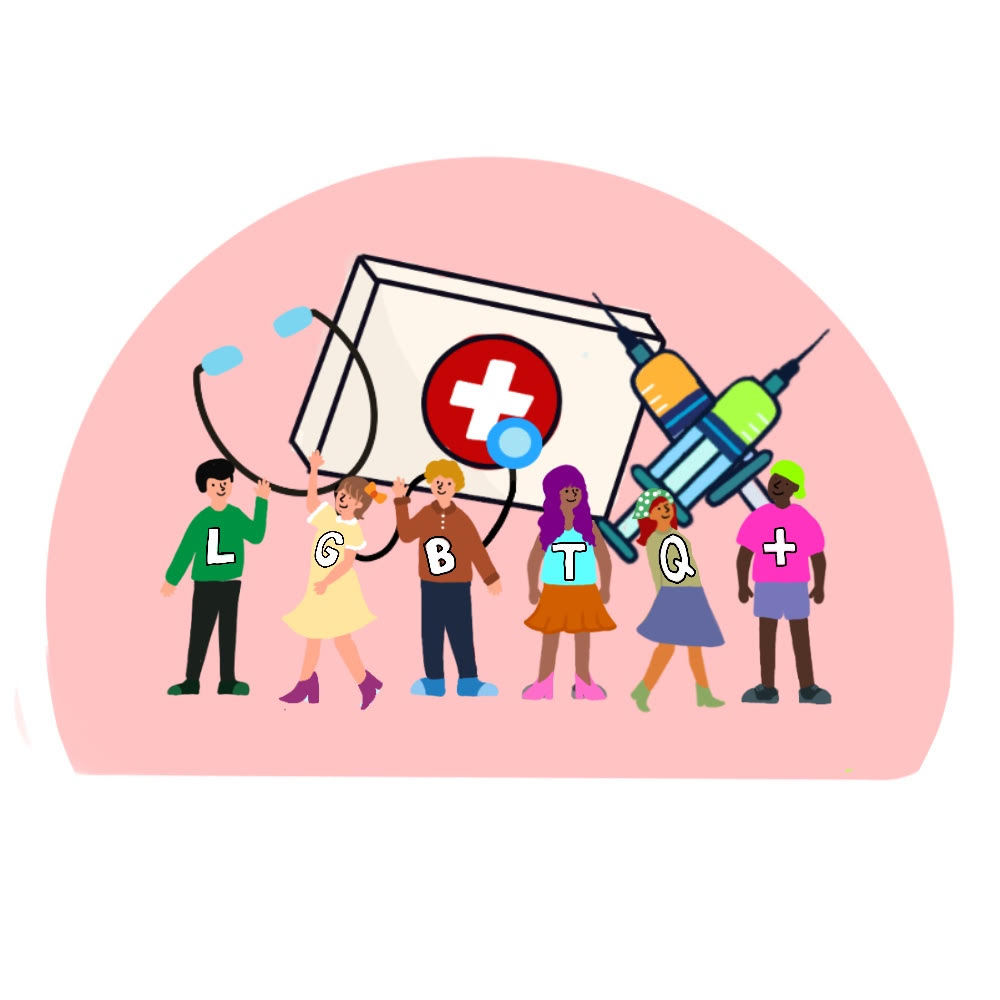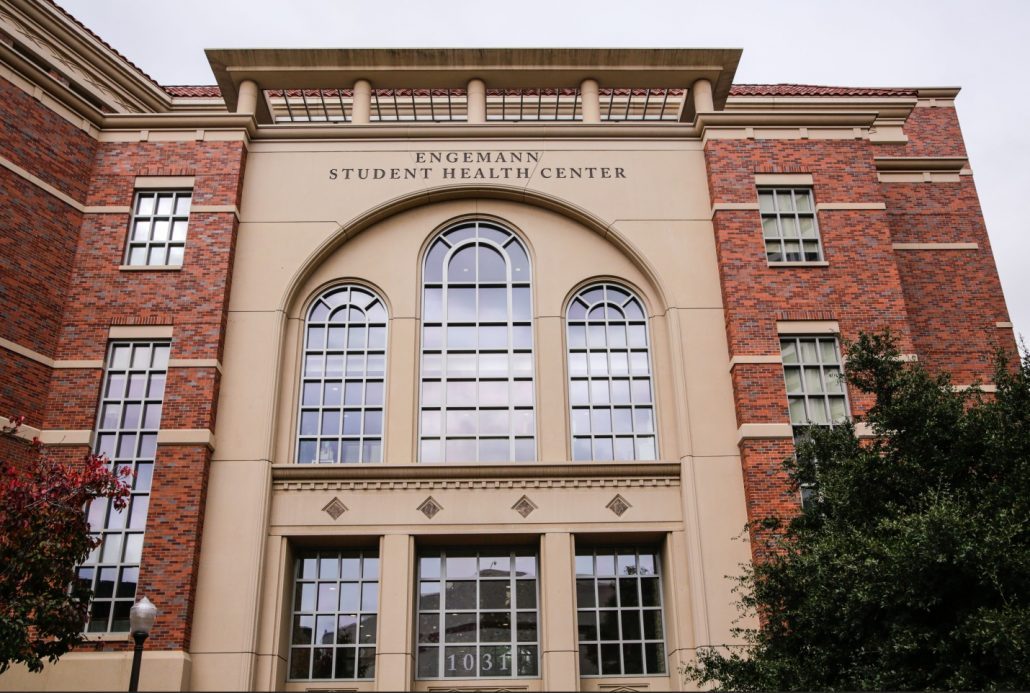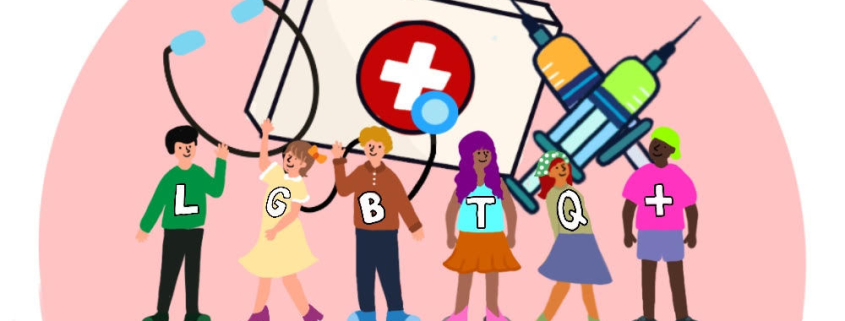LGBTQ+ inclusive, trauma-informed teaching guidebook launches

Content warning: This article contains references to gender and power-based violence.
The USC Campus Coordinated Response Team developed a guidebook on trauma-informed, culturally sensitive and inclusive teaching practices for LGBTQIA+ students at the University. The team was led by co-principal investigators Brenda Ingram, director of Relationship and Sexual Violence Prevention and Services at USC Student Health, and associate professor of clinical preventive medicine at the Keck School of Medicine of USC, and Mellissa Withers, director of the Global Health Program of the Association of Pacific Rim Universities. Students, professors and staff from offices including RSVP and the LGBTQ+ Student Center were included in the writing and editing process.
The guidebook seeks to help faculty members and teaching assistants create safe and inclusive learning environments for LGBTQIA+ students, as well as help support students who have been victims of gender and power-based harm, said RSVP assistant director Debbie Schleicher. The document offers guidelines for classroom introductions and LGBTQIA+ inclusive teaching practices, among other resources.
“We want to make sure that [faculty members and TAs] on campus feel well-equipped to respond to survivors and are well-equipped to make sure that their classrooms are not engaging in any harm,” Schleicher said.
Recently published on the Center for Excellence in Teaching at USC website, the guidebook was created over the past year and a half. One of the challenges the creators faced was deciding what to include, since the topic was broad but the document had to be digestible, Withers said. The final decisions of what to include were made after various editing rounds and discussions.
Journey Rahman, a rising senior majoring in human biology, participated in the editing process. They had an initial interview with Withers in which they discussed sexual violence in LGBTQIA+ relationships. As part of the student focus group, they made edits to the guidebook and discussed their edits with one another, Rahman said.
“I liked that [the CCRT] was acknowledging the fact that LGBTQ people are the best sources for information on our experiences,” Rahman said. “It was really good to feel valued as a member of the community and to also see and work with other LGBTQ leaders on campus.”
While faculty can already access the guidebook online, the CCRT will promote it in the time leading up to the fall 2022 semester and will lead a series of webinars. The webinars, which will be recorded, will highlight important aspects of the guidebook for faculty members that do not have time to read the whole document, Schleicher said.

“We would love ideally for everyone to [read the guidebook or attend a webinar], but we also want to make it digestible and easy for people to take away the key components of it,” Schleicher said.
A lot of the data the guidebook uses comes from the 2019 AAU Campus Climate on Sexual Assault and Misconduct Survey, as well as the 2020 USC Student Wellbeing Survey. To maintain the relevance and accuracy of the guidebook, topics including resources and terminology will be updated at least annually following the collection of new data from these studies, Schleicher said.
The collaborative nature of the process and the input of everyone involved were integral to the success of the project, Withers said. She enjoyed hearing about the participants’ desire for the guidebook and its expected impact on faculty training.
“Small changes or changes that aren’t going to be difficult to implement can really matter a lot to our LGBTQ student population,” Withers said.
If faculty or teaching assistants observe someone persistently misgendering a student after being made aware of their pronouns, they should report it to the Office for Equity, Equal Opportunity, and Title IX as designated employees.

